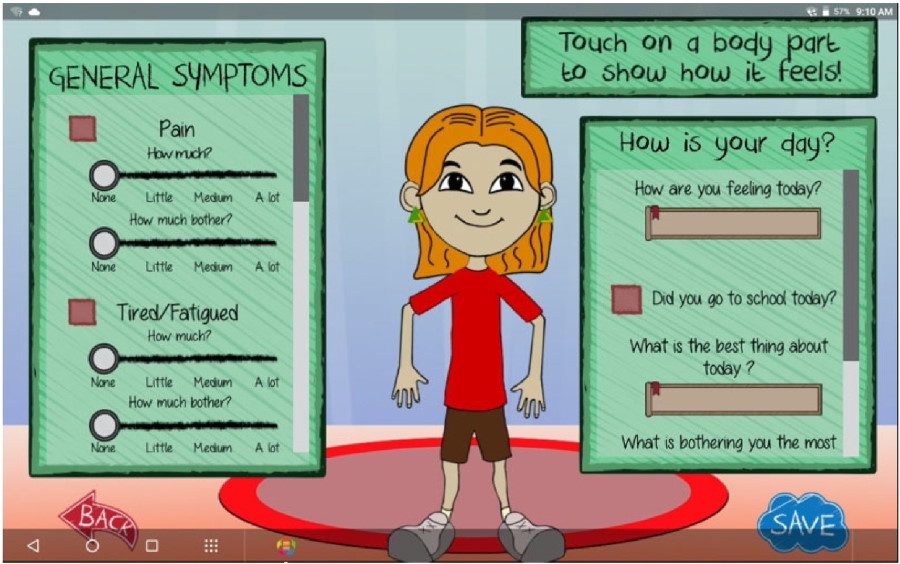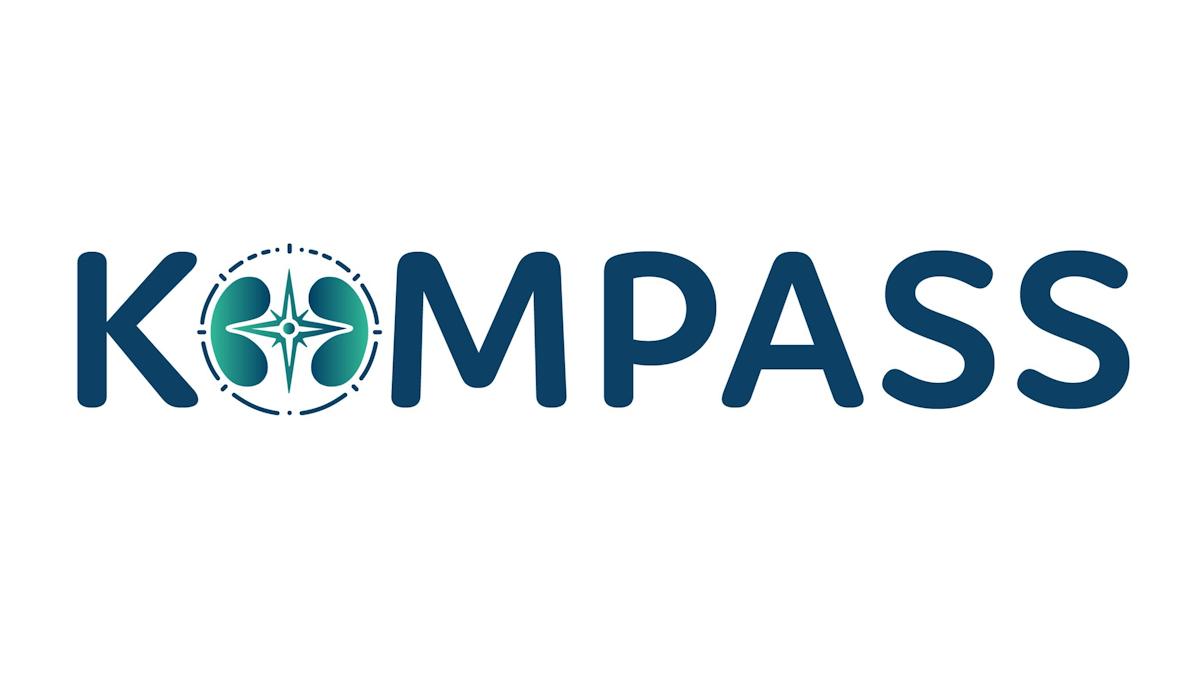Game used to track symptoms in children with cancer

A study has shown that a mobile game can be used to gather symptom data from children undergoing treatment for cancer, and potentially might also be used to provide personalised management of their care.
That is the conclusion of a small US study looking at the role of Color Me Healthy, a gaming app developed through a collaboration between children, game designers and clinical staff.
It was used to gather self-reported data on eight common cancer-related symptoms – including pain, fatigue, nausea/vomiting and mouth sores – in a group of 19 children aged six to 12 who received chemotherapy for cancer.
The gaming elements are set up as four daily goals and are interspersed with questions to help gather the symptoms data, such as "what is bothering you the most about today?" and "what is the best thing about today?".
Goals included everyday tasks like brushing teeth, taking exercise and completing a learning activity, as well as treatment focused tasks like taking medication, a diary and sketchpad are included in the app to allow children to use their own ways to relate symptoms and experiences.
The children in the study completed a median of four days of app use, with all 19 subjects providing quantitative data on their symptoms at least once. 12 of them also described symptoms and aspects of their cancer treatment and symptoms in responses to the questions and in diary entries.
Among the findings were that symptoms associated with chemotherapy persisted between treatment cycles, during a time when side effects are often presumed to be "minimal or absent," according to the researchers.
It also revealed that children found implanted devices such as ports to deliver medicines particularly bothersome, even though perceived wisdom is that that patients prefer them as they are more inconspicuous and require less daily care.
They conclude that the study shows the feasibility of using a mobile gaming approach to generating self-reported data in elementary school-age children, and some indications it could be used to guide management and – potentially at least – improve symptoms.
Each of the subjects reported at least one symptom of moderate or greater severity which would likely require intervention on almost a third of the days they used the app
"This study…provides insight into how clinicians can use children's self-reported data, whether provided through an app or verbally, as part of a person-centred approach to symptom assessment and management," write the researchers in the Journal of Paediatric Nursing.
"Supporting clinicians to develop conversation skills that extend beyond asking the child how he or she is feeling may also advance child-centric approaches to care and allow clinicians to identify actionable targets for intervention."













